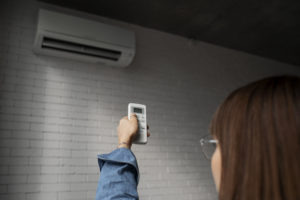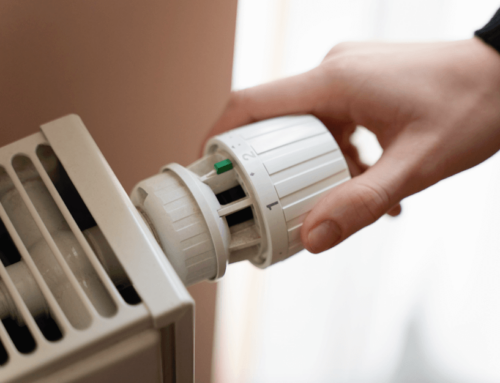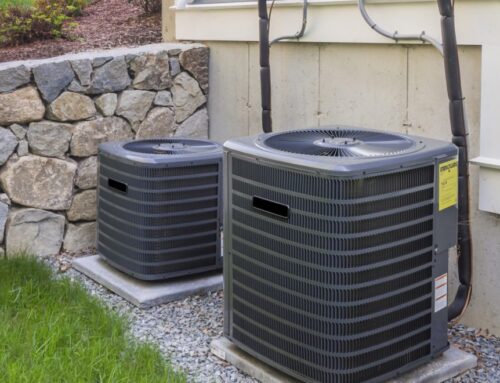
Installing an HVAC system is an investment that can make a huge difference to energy costs and your home’s overall comfort. An energy-efficient HVAC system will help improve and maintain your home’s air quality while providing thermal comfort throughout the changing seasons. An HVAC system can be one of your largest energy consumers, so you want to choose an energy-efficient unit that is easy to maintain. If you are looking to upgrade or buy a new HVAC system, here are some considerations you should keep in mind.
Should You Upgrade or Repair Your Current System?
If you have an HVAC system in your home, here are some things you should consider to determine if replacing or repairing is your best option:
- The age of your current system: Most HVAC systems have lifespans of 15 to 20 years, after which they will require more frequent and expensive repairs.
- Your thermostat must be adjusted often to keep the temperature comfortable: This issue could indicate a problem with your condenser or compressor, which can be expensive to repair.
- The system makes noises during start-up or while running: This could indicate a loose or broken part and can signify mechanical problems.
- The air quality in your home is humid and stuffy.
- Your energy costs are increasing.
If any of the above issues sound familiar, you should consider replacing your unit. Evaluate your current energy costs and the efficiency of your existing HVAC system to determine if it’s more economical to keep spending money on repairs and high energy costs or invest in upgrading to a new system.
What Should You Consider When Buying a New HVAC Unit?
Before purchasing a new HVAC unit, there are important factors to consider, including:
Seasonal Energy Efficiency Rating
Buying an energy-efficient HVAC system goes a long way in saving money on your utility bills and minimizing your carbon footprint. Ensure you select an energy-efficient unit by looking for the Seasonal Energy Efficiency Ratio (SEER). The SEER measures an HVAC system’s efficiency for an entire season. It is similar to measuring the kilometers per liter on a car and averages the amount of cooling per watt-hours of energy. The higher the rating, the more efficient the system.
Though choosing a unit with a good SEER rating is a good start, a system’s efficiency is also affected by factors like insulation, home size, and any existing ductwork.
HVAC systems with a high SEER rating (14 or above) are better equipped to regulate air quality and thermal levels while using less energy. Look for units with a rating of 14.5 or more, which have an energy star designation indicating that they run at a premium efficiency level.
Ductwork Requirements
Your home requires ductwork to carry air from your HVAC system through the rooms. If there is no existing ductwork, you will need to consider retrofitting your home. You may also opt for ductless air conditioners.
Licensing and Warranties
An HVAC system is an investment, so purchase a reputable brand and have it installed by a licensed professional. Arrange an air conditioning maintenance and service plan with your HVAC provider, and ensure that you receive all the necessary permits and warranty certificates.
Where Can You Purchase Quality HVAC Systems in Canada?
Canada HVAC is your premier online store for purchasing an HVAC system. We are your one-stop for energy-efficient central air conditioners and electric furnaces in Canada.
We will find the best HVAC solutions for your situation and connect you with a local installation specialist. Call us at 833-415-3019 to learn more or shop online today.





